Ready-to-teach R Environmental Datasets: the lterdatasampler R package
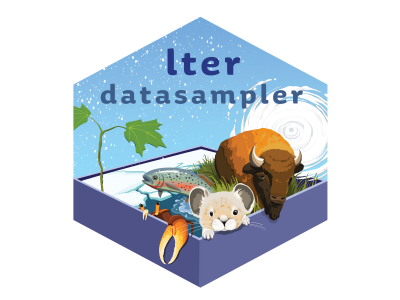
We are excited to share with the broader R community a new collection of 8 data samples geared towards teaching environmental data science!

We are excited to share with the broader R community a new collection of 8 data samples geared towards teaching environmental data science!
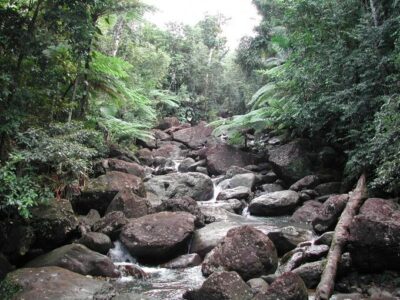
A new global data synthesis of stream chemistry indicates human activities reduce streams ability to retain and transform nutrients.
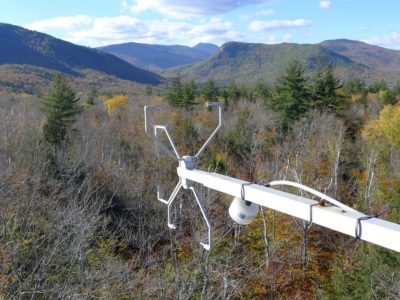
Scientists have been consistently documenting environmental changes at research sites like this one in the Cascade Mountains for decades. US Forest Service Michael Paul Nelson, Oregon State University and Peter Mark Groffman, CUNY Graduate Center Record-breaking heat waves and drought have left West Coast rivers lethally hot for salmon, literally cooked millions of mussels and… Read more »
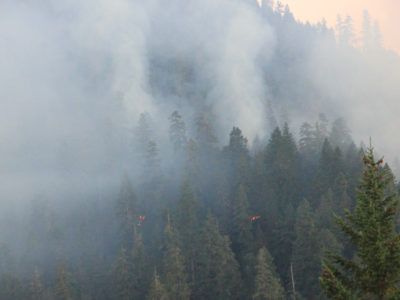
By Natasha Griffin, PhD candidate at Oregon State University The staff of the H.J. Andrews Experimental Forest LTER site had almost no time to prepare when a massive wildfire swept through the region in early September. Stoked by dry late-summer conditions and extreme high winds, Oregon’s Holiday Farm fire began spreading rapidly as soon as… Read more »
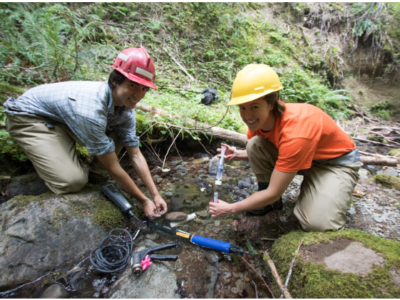
This spotlight is part of an ongoing series featuring many of our wonderful LTER Network graduate student representatives who contribute valuable research and leadership across the network. To learn more about graduate research in the LTER network, visit this page. Allison Swartz is in her first year of a PhD after completing her Master’s degree… Read more »
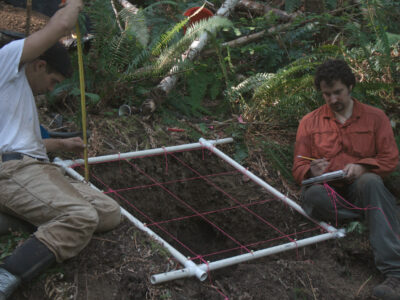
Karla Jarecke and Adrian Gallo take us through research at the HJ Andrews Experimental Forest, home of the Andrews Forest LTER.
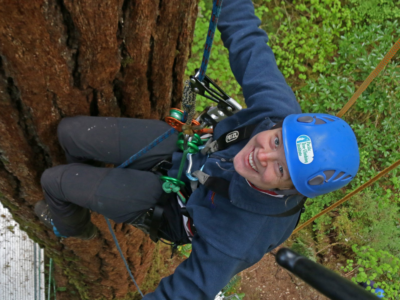
Even on quiet days, HJ Andrews Experimental Forest Long Term Ecological Research (LTER) site is usually bustling with activity. The busiest field season was still a few weeks away, but researchers and scientists peppered the forest, collecting data, giving tours, and checking in on their projects. During my visit to the LTER I was not… Read more »
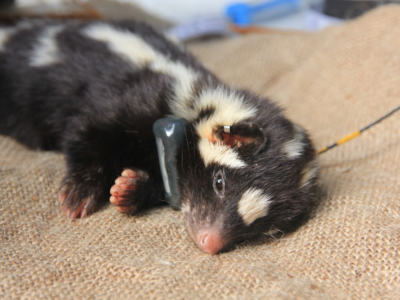
Marie Tosa pulled into the HJ Andrews Experimental Forest parking lot with a white, mud splattered truck. Arranging dozens of metal cages for cleaning on the damp grass, she readied her gear to take me on a unique search: for skunks. Tosa grew up in Boston, receiving her Bachelor’s of Arts in Biology and Environmental… Read more »
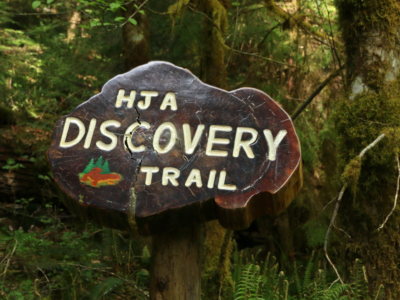
Past the Blue River Reservoir I drove, stopping to admire the reflection of Oregon puffy clouds in the calm water, rimmed by deep emerald mountains and home to a small family of Canada geese, an osprey, a common merganser, and a busy spotted sandpiper complete with a rapidly bobbing tail. Just up the hill from… Read more »
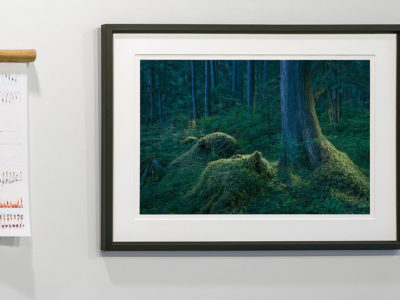
During his time as Artist in Residence, David Paul Bayles took a series of photographs to capture his surreal experience at Andrews Forest. His Outside of Time | Forest Landscapes gallery exhibition showcased the forest through his eyes and incorporated data drawings of measurements recorded by AND LTER researchers. Project Status: Completed Andrews Forest LTER… Read more »